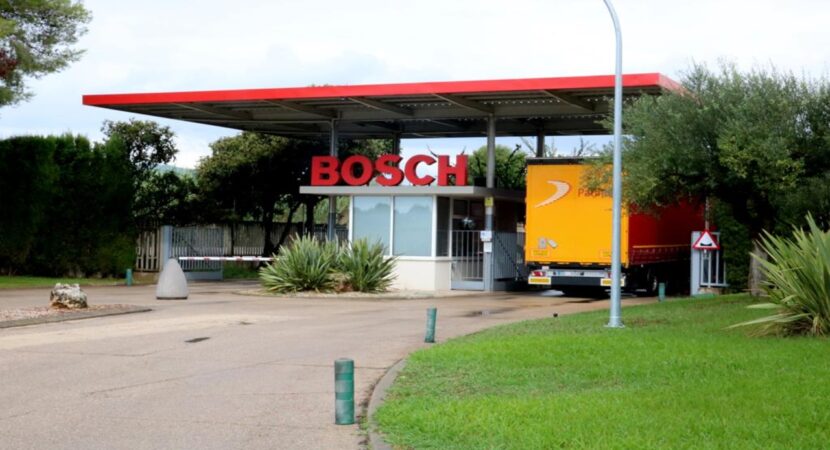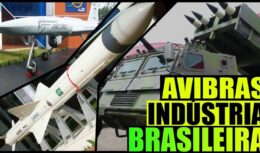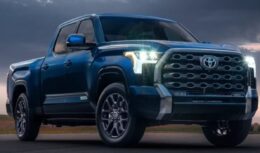
In a move contrary to Ford and Chevrolet, the multinational auto parts manufacturer Bosch decided to bring its US production to Brazil
The German multinational auto parts manufacturer Bosch was against the movement of the car manufacturers Ford, Chevrolet, Honda and Audi, who decided to withdraw or reduce production in Brazil, and brought to Brazil the production of injectors and injector nozzles for trucks that were produced in its factories in the United States, thus expanding the division of diesel injection systems in its factory in Curitiba.
Read also
- Multinational Andritz opens selection process for candidates with and without high school, technical and higher education experience in the states of RJ, MG, BA and more
- Ambev will open 300 jobs in its new logistics center that is being built in Osasco – SP
- After Ford leaves Brazil and stops production of cars in Bahia, Camaçari is experiencing the 'dismantling' of factories and 7,5 people are expected to lose their jobs
- Mmultinationals Honda and Chevrolet paralyze vehicle production in Brazil and the car industry may collapse
According to the specialist engineer in electronics and telecommunications, Antônio Jorge Martins, Bosch's strategy reflects, above all, the enormous potential of the Brazilian market in the sector.
Furthermore, the intention of the German multinational is to supply not only the domestic market, but also export a large amount – which can reach up to half of production.
In an interview with the Sputnik Brasil news agency on March 9, Martins states that “Companies today set up on continents not only to serve that type of market in the country where they are setting up, but also to sell to other countries that belong to the continent, and even to other continents”.
The multinational Bosch already made the move from the US to Brazil on March 6th. The German company used the second largest cargo aircraft in the world, the Antonov 124, to transport 115 injector and nozzle production machines to Campinas (SP).
Bringing US production from Bosch to Curitiba will mainly benefit truck manufacturers in Brazil
According to Martins, who is also the coordinator of courses in the automotive area at Fundação Getúlio Vargas, the arrival of Bosch production in the US in Curitiba will benefit mainly local truck manufacturers in Brazil, who will no longer need to import Bosch products.
He points out that favoritism goes beyond the lower price: without the need to import, companies can better organize their finances. That's because, when importing, companies usually guarantee a large stock, enough to supply the demand for at least one semester.
“It favors manufacturers and, as a consequence, […] may even provide domestic manufacturers with a greater volume of exports, as a result of increased competitiveness”, analyzes the expert.
In 2019, the Bosch Group completed 65 years in Brazil – a success story that began in 1954 in the city of São Paulo. Currently, the Bosch Group employs around 8.000 people in the country and recorded, in 2019, a net income of BRL 5,2 billion with the offer of products and services for the Mobility Solutions, Industrial Technology, Consumer Goods and Energy and Building Technology sectors.
The operations of group in Latin America they employ around 9.400 employees who contributed to generate revenues of R$ 6,4 billion, including exports and sales by affiliated companies.












I've never seen a website publish so much zucchini...
It must be sold to the Australians, nation…
Much better than playing a lot…
Very interesting, but there is so much invasive propaganda…
I would love to, but being released here the vlr would be…
I doubt it will make 45/lts
I really liked this fair comparison and I was…
It will definitely shake the market and…